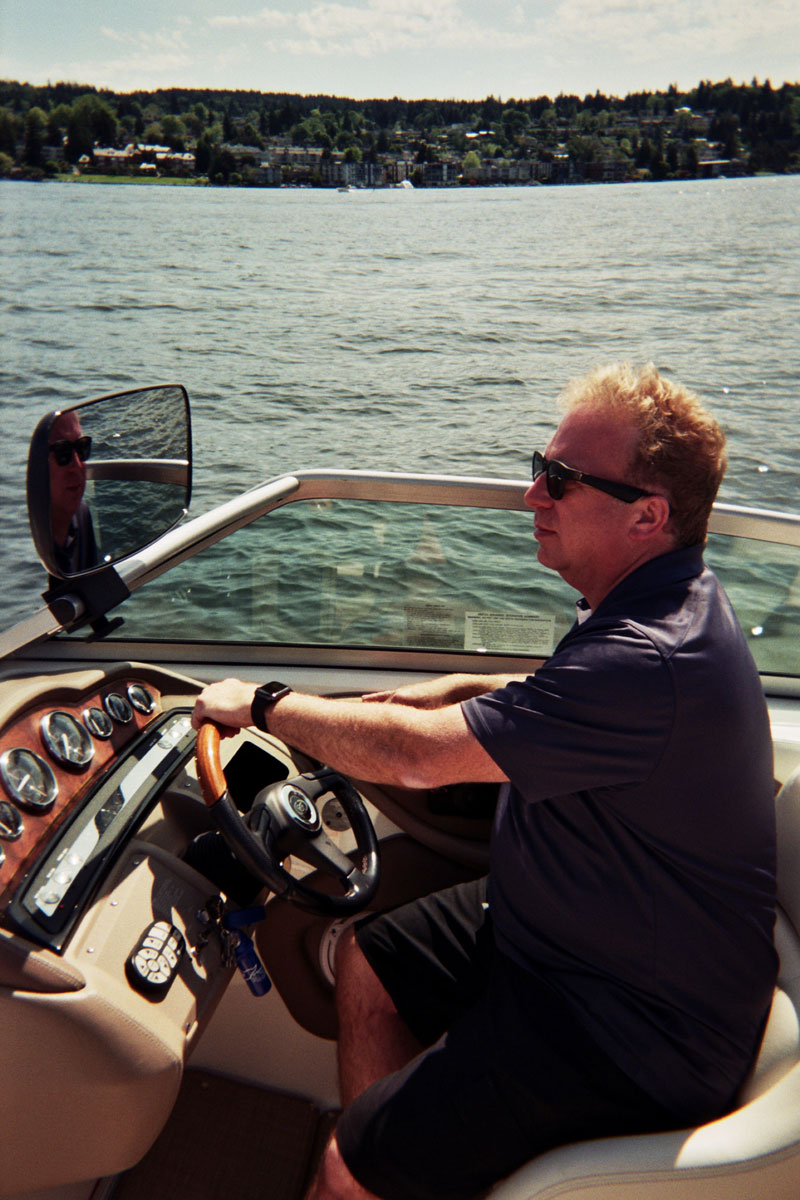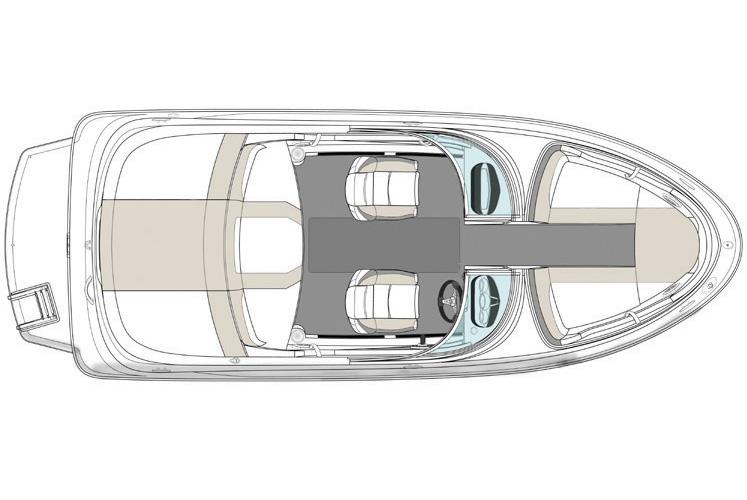Welcome, owner!
We would like to help you prepare for your big moments,
from purchase to sailing off in the big blue ocean.
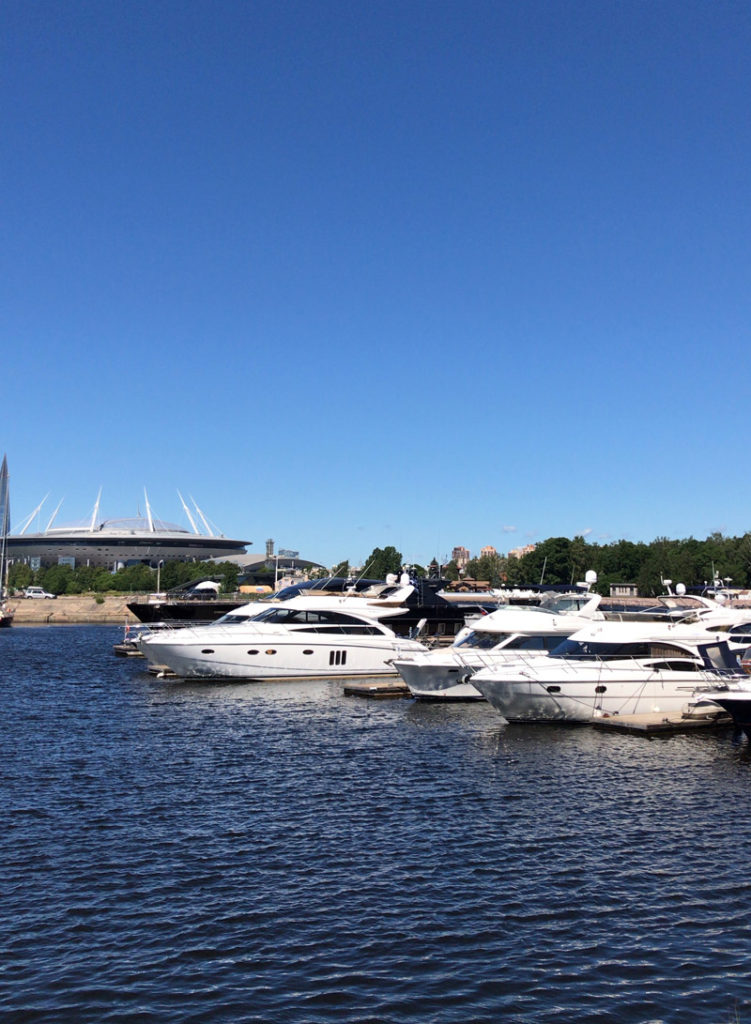
How to tow a boat?
Towing or “trailering” a boat can be a lot tougher than it looks. If you’re new to boating and researching what boat is right for you, you may also want to research your road vehicle as well to make sure you have something that is capable of towing your new boat. Here are some valuable tips on towing your boat so you’re ready on day one!
As we mentioned above, knowing the vehicle that’s going to be towing your boat is extremely important. Making sure it can tow the boat loaded down with gear is the first thing you need to do. Secondly, the hitch. The proper sized hitch and ball will ensure your boat is secured and safe.
Making sure the boat trailer is road ready for a fun season of boating will save you a lot of headache and money in the long run! There are very few things more terrifying than blowing a tire on your boat trailer and potentially damaging or losing your boat entirely. We recommend making a checklist you can refer to that includes some of the following key things to check before departing:
- Check tire air pressure before each trip (check thoroughly before departing after the off season).
- Check signal lights. Be sure all the lights are working. Newer trailers will have the longest lasting LEDs, and you can upgrade the replacement bulbs to LEDs that are longer lasting.
- Double check and make sure the boat is secure. This includes all straps at bow and transom!
- Check the trailer brakes (if applicable) and make sure they’re working properly.
- Check to make sure that there is no loose gear, such as life jackets, water toys, lines, etc that could fly out of your vessel.
- Double check the loaded gear when checking for loose gear to make sure that you didn’t forget anything for your day / weekend / trip out on the water.
Congrats! Now that you have made your trip and arrived safely at the water, you’re ready to launch your boat! After your outing on the water is done, load your boat and trailer back to its original resting place. For detailed tips on how to launch and load your boat, stay tuned and subscribe to our newsletter. We’ll be adding that soon with videos you can follow as well!
Where to store your boat?
Alright, you have your boat. You have your boating license. But you don’t have the property or a garage to store your boat. WHAT ARE YOU GOING TO DO?! Don’t worry, we’re here to help. Boat storage is a common issue that comes up for many boat owners in large cities. Where are you going to put your boat? Here are some options!
Starting with options during boating season, let’s begin with land storage. With smaller vessels, most boats will be subject to “boating season”, starting with the time that the freezing temps thawand it’s comfortable to take your boat out, to the time that your boat will have to be winterized. Again, these are the options to be used if you CANNOT store the boat in a garage or at your own home.
Any number of local storage businesses usually have parking lot areas that can provide a space to store your vessel. Union Marine offers Outdoor Dry Storage and Winterization options. Space fills up fast, so contact our service department to reserve your space today! To protect your boat from the elements, always keep a cover on it!
Indoor storage can protect your boat from the elements year-round.If the storage is heated, your vessel will be protected from freezing. Although more costly than outdoor storage, you can guarantee more security and protection for your vessel.
This can be an option in places that offer commercial storage, or larger storage areas. Anywhere you find boats, you can usually find rack storage. Indoor or covered outdoor (sometimes uncovered) rack storage is usually inexpensive and guarantees that your boat is protected.
Moorage is usually for larger vessels where they’re too heavy to put on rack storage and too big for a garage. Outdoor storage is still a viable option but launching is not easy nor conducive to a pleasurable boating experience. So the final option is to just keep your boat in the water. Moorage fees may vary and slips may differ between short term and long term. Lastly, some may be covered while others aren’t. All of these options affect moorage prices as well. While in the water, keep in mind that there will be haul out fees for maintenance.
Washington storage costs vary. For boat-centric storage, you can count on $55-$60/foot as a base and this goes as high as $250/ft for indoor storage. This is a higher estimate but it’s good to keep your bases covered and make sure no surprise fees arise. For non boat-centric storage/moorage, you can give your local storage companies a call and see what they charge monthly.
The most important thing you can do for your dry storage vessel is winterizing it at the end of the boating season. Union Marine’s team provides this service to make sure your boat isn’t damaged by freezing temperatures and rough weather during the off season. Lastly, we recommend shrink wrapping your boat to ensure the inside stays dry and the outside is protected from the elements.
There you have it! Google will be your friend during this process of searching for boat-centric and local storage options as well as moorage if you’re around high boat traffic and water areas!
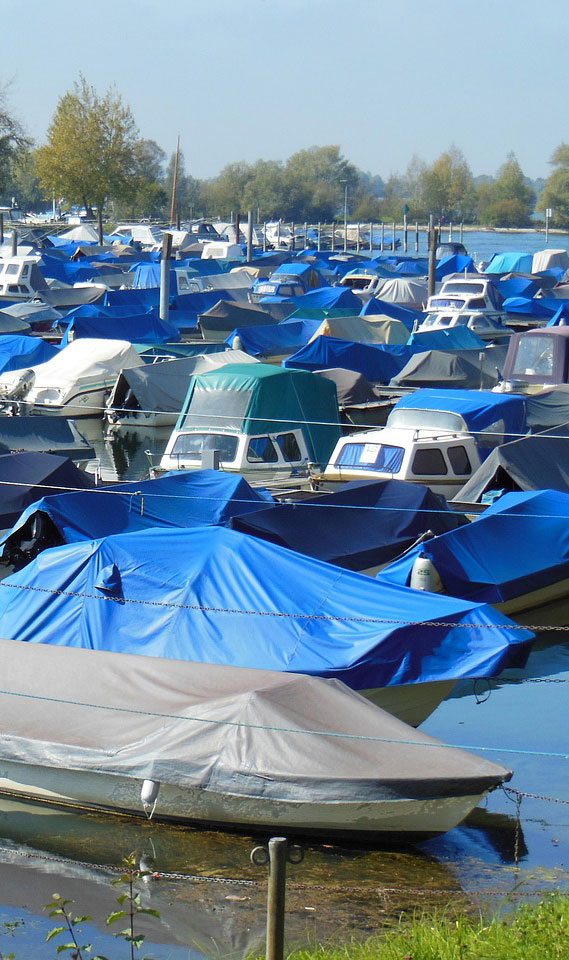
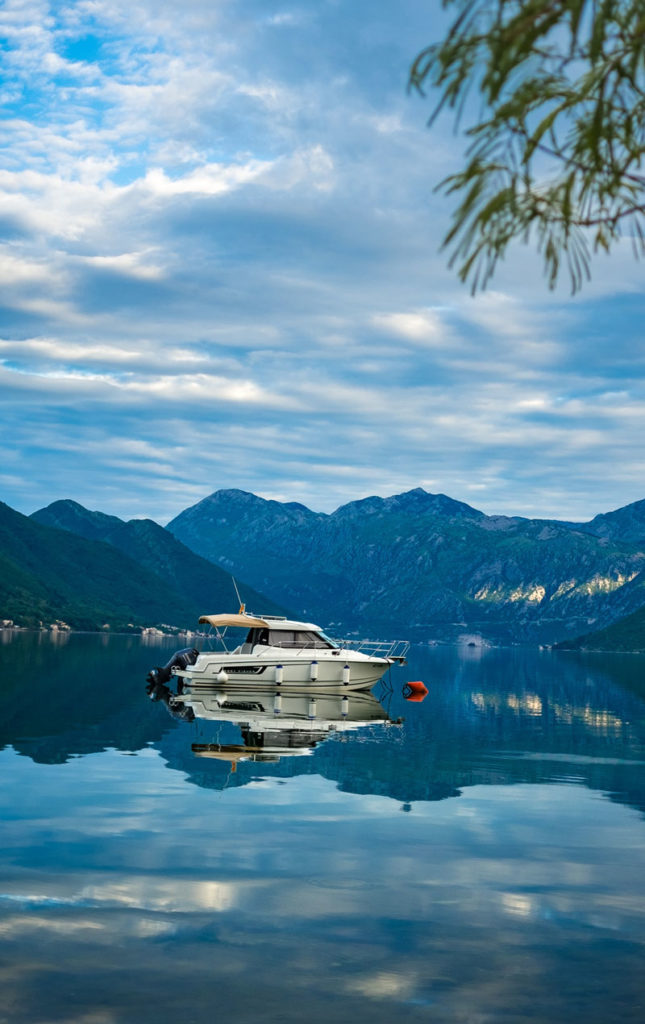
Launching and retrieving your boat
The average cost of a new boat is $60,000 to $75,000, but you could pay far less — or far more — depending on what you have in mind. But if you’re asking “How much does a boat cost?” you’ll factor in mooring fees and storage, fuel, insurance, licensing fees, maintenance and much more.
As we mentioned above, knowing the vehicle that’s going to be towing your boat is extremely important. Making sure it can tow the boat loaded down with gear is the first thing you need to do. Secondly, the hitch. The proper sized hitch and ball will ensure your boat is secured and safe.
Making sure the boat trailer is road ready for a fun season of boating will save you a lot of headache and money in the long run! There are very few things more terrifying than blowing a tire on your boat trailer and potentially damaging or losing your boat entirely. We recommend making a checklist you can refer to that includes some of the following key things to check before departing:
- Check tire air pressure before each trip (check thoroughly before departing after the off season).
- Check signal lights. Be sure all the lights are working. Newer trailers will have the longest lasting LEDs, and you can upgrade the replacement bulbs to LEDs that are longer lasting.
- Double check and make sure the boat is secure. This includes all straps at bow and transom!
- Check the trailer brakes (if applicable) and make sure they’re working properly.
- Check to make sure that there is no loose gear, such as life jackets, water toys, lines, etc that could fly out of your vessel.
- Double check the loaded gear when checking for loose gear to make sure that you didn’t forget anything for your day / weekend / trip out on the water.
Congrats! Now that you have made your trip and arrived safely at the water, you’re ready to launch your boat! After your outing on the water is done, load your boat and trailer back to its original resting place. For detailed tips on how to launch and load your boat, stay tuned and subscribe to our newsletter. We’ll be adding that soon with videos you can follow as well!
Get a boating license
CONGRATULATIONS ON YOUR NEW BOAT!
You did it! You took the dive and picked up your new vessel and it’s ready to hit the water! Hypothetically, you should already have your license before you make your purchase. But if you don’t, here’s a little “how to“guide to the steps needed to get your boating license. This shouldn’t be confused with how to get your boat licensed…. Your sales person will go over that with you and we’ve covered that in “owning a boat” in our other resources.
We’re going to assume that if you’re reading this here on the Union Marine website that means you’re a Washington State resident. This means that you must be at least 12 years old to operate boats (classified as vessels) with 15 or more horsepower and 14 years of age or older to operate a personal watercraft (classified as a PWC).
***NOTE*** PWC classifies as a wave runner, jetski, etc.
If you’re not in Washington state, then check out Discover Boating’s website here to see what your state’s requirements are.
A majority of the boating classes can be taken online. In the Puget Sound area, there are a fair number of resources available for “in-person” classes. Whilewe recommend those as a supplement, we would recommend getting your boaters safety license and certification through Boat-ed.com as it is the official Washington State resource. That can be found here. We would recommend keeping a boaters handbook on hand until you’re familiar with the rules of the water as well! Pick that up here!
You’ve done it! You have your boat, you have your license – now get out on the water and enjoy your new vessel! Don’t forget to subscribe to our newsletter to keep up on continuing training and workshops year-round at Union Marine if you’re ever feeling rusty or need a refresher!
